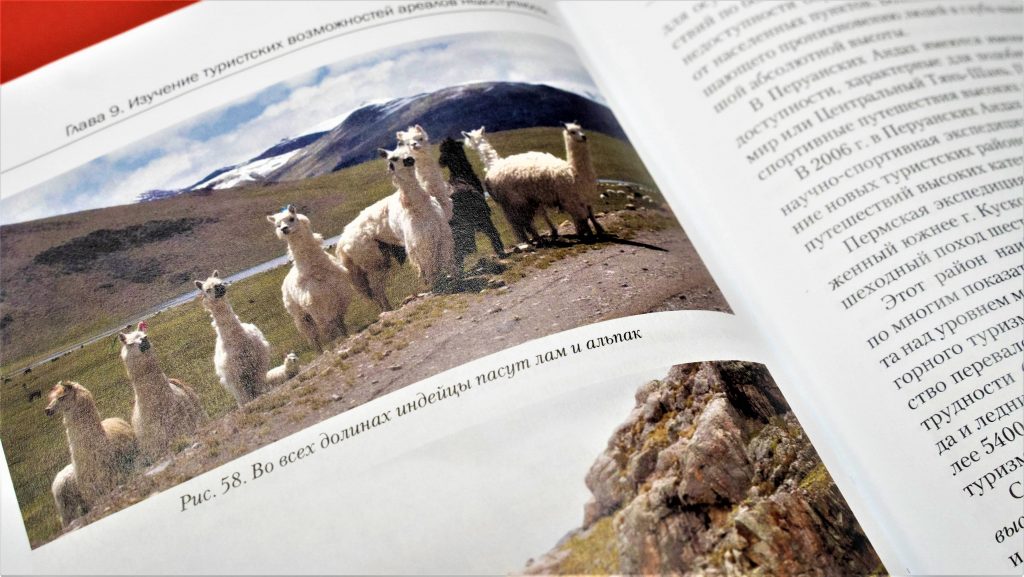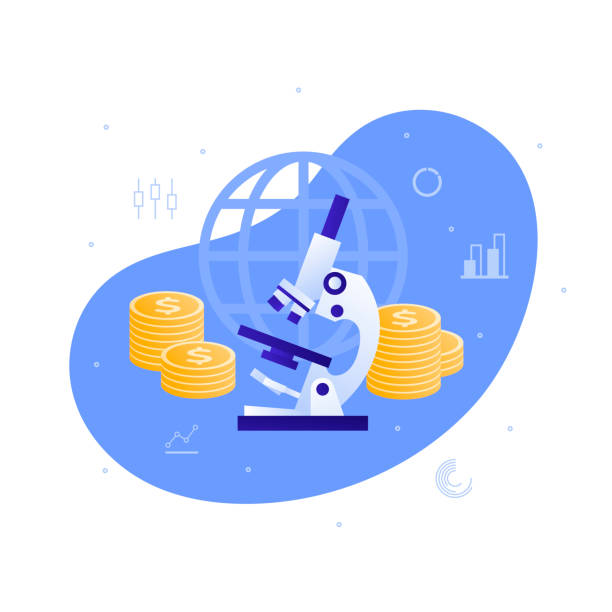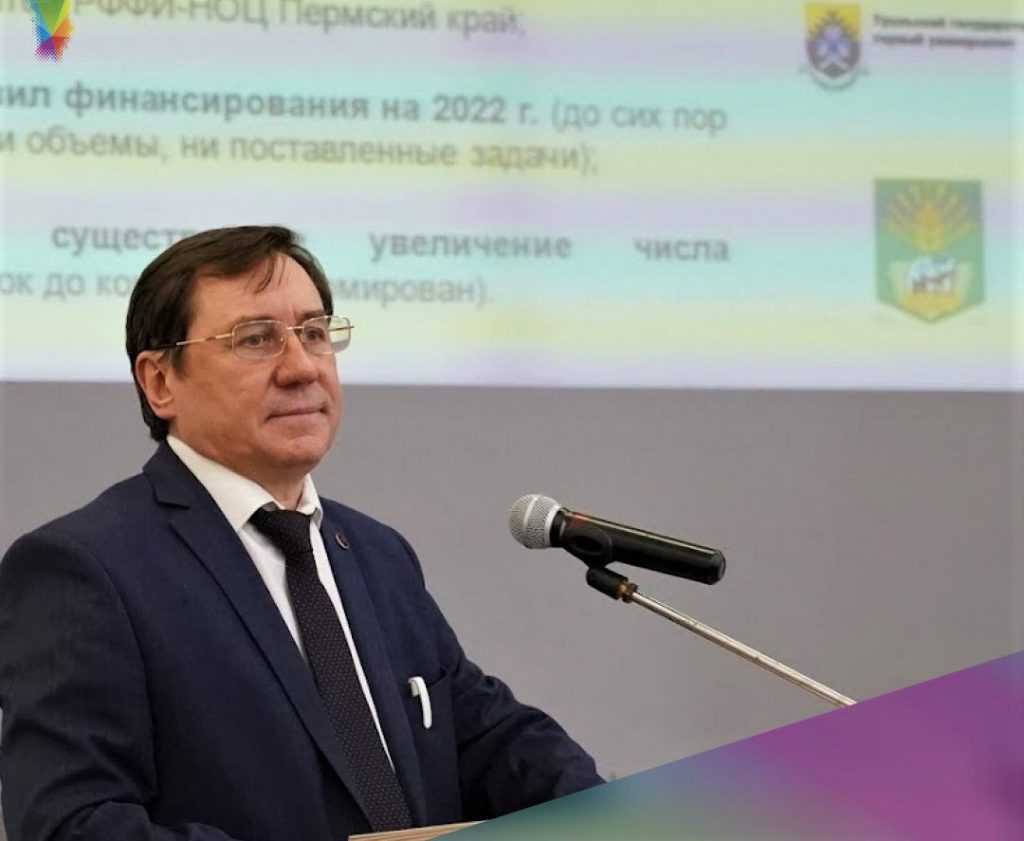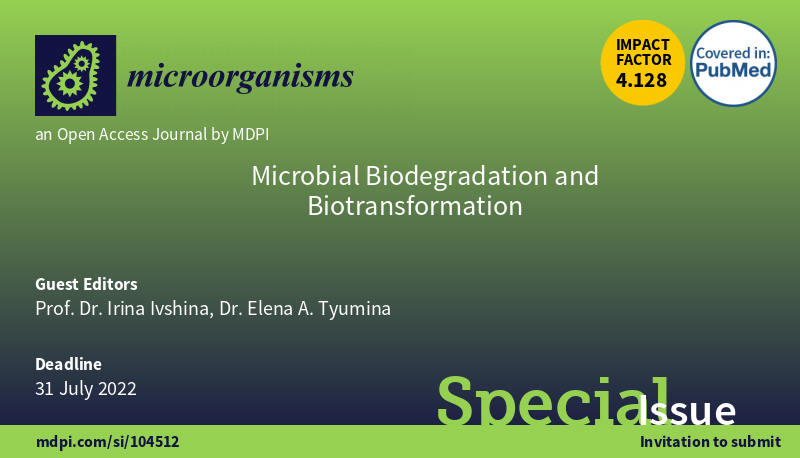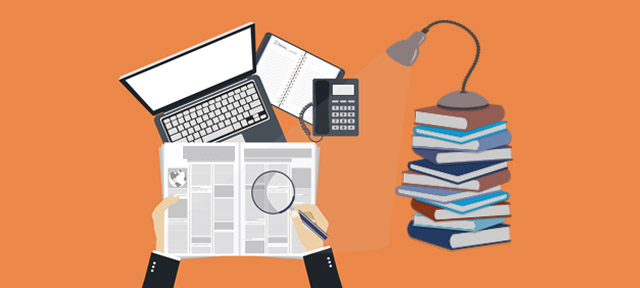PSU Traveler Publishes a Book on Most Remote Places
Andrei Korolev, a known Russian and international traveler, Associate Professor at the Department of Tourism, Faculty of Geography, PSU, has published the book “Earth Poles of Inaccessibility”, giving a comprehensive look of uninhabited lands of Russia and beyond, in favor of nature-oriented tourism.
Since the start of the Earth Poles of Inaccessibility project in 1998, Andrei Korolev did around 30 travel missions worldwide. The project involved travels to most inaccessible points of the world, with no use of vehicles (other than bicycles or ski), in a small group of people, completely autonomous.
Expedition routes passed through the inaccessibility poles of Eurasia, Russia, Kun-Lun, Tibet, Pamir, Tien Shan, North America, New Zealand, Madagascar, Altai, the Sayans and Urals, Continental US, as well as areas of inaccessibility in Antarctica, Greenland, Africa, South America and Australia.
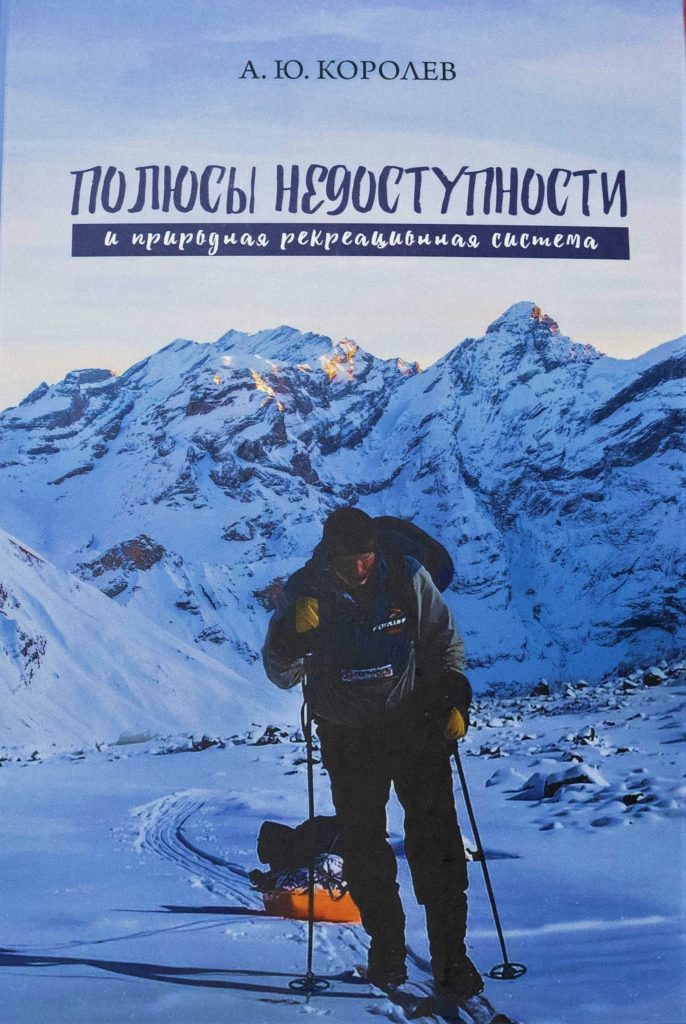
“The areas known as inaccessible are very rarely visited, and serve a standard of natural purity. They give us a clue of what our planet was in prehistoric era. These are the places where the time seems to stop, and the impact of civilization is at its lowest,”
states Andrey Korolev.
In 2019, the Earth Poles of Inaccessibility project by Andrei Korolev, reached the finals of the Crystal Compass International Award regarded by many as the Geography Oscar.
According to Andrei Korolev, the main wealth of Russia is not minerals, but rather natural areas unaffected by production and trade. So, It is reasonable and important to protect them and save for the future generations. The practice of nature-oriented tourism is intended to help that.
The book outlines such concepts as the “pole of inaccessibility” and “natural recreational system”, concentrating on specifics of tourism in natural areas, bringing unique facts and photos collected in numerous expeditions, as well as hints on planning tours to the remote places on the planet.
“The monograph is an attempt to make science more entertaining, which, ideally, geography should be. I tried to convey my research in the most appealing way – to make it an easy reading and fun for different types of readers,”
comments Andrei Korolev.
The book was published with a support by the Russian Foundation for Basic Research, as a result of selected research papers’ competition. The “Earth Poles of Inaccessibility and Natural Recreational System” is available electronically at PSU Academic Library.
